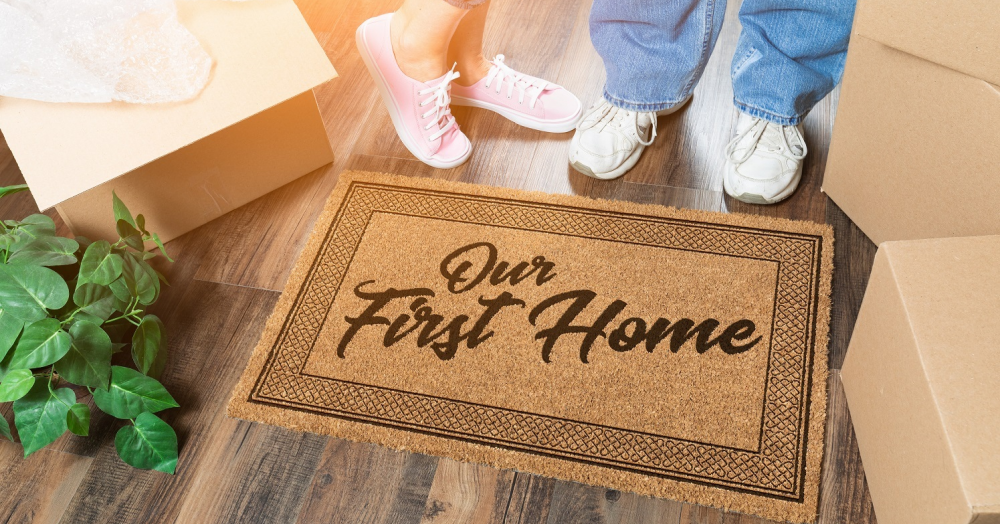If you are thinking of buying your first home, getting your foot on the property ladder, it's natural to wonder where to start. The big question to ask yourself is how much can you actually afford to spend on your first home.
Buying a property is a massive step and a long term financial commitment. You will need to consider the assets you have as well as the money that is coming in and out of your account. Most importantly, you will need to work out how much you can borrow!
Lets start with the basics - what is a mortgage?
If you don’t have enough money to buy a house outright with cash (which most people don’t), then you’ll have to take out a mortgage.
1) A mortgage is a loan that enables you to buy your property
2) The money you borrow will need to be paid back over a set period of time, usually at least 25 years, and is repaid via monthly payments.
3) The lender will take into consideration your income and your outgoings in order to determine how much money you’re able to borrow.
4) You’ll need to put down a deposit, which is usually a minimum of 5% of the cost of the property
Lenders and how they decide how much to lend
Every lender is different, they all have different ways of making their calculations and deciding how much they are prepared to lend you or even if they will lend to you at all.
They consider all factors such as your income, the size of your deposit, your regular expenditure and your credit rating. If you are applying for a mortgage with your partner, they will consider both of you.
Banks usually require a deposit of around 10 - 15% of the property price and the higher the deposit you can save, the more likely it is that you will get your mortgage approved AND the better rate you will be offered.
So, what can I afford?
Start by finding out your annual income (before tax) and the amount you have saved up for a deposit into a mortgage calculator
which can be found here.
This will give you an estimate of the value of the mortgage you’ll be offered, and what you can expect to pay monthly.
Let’s use an example: if you’re buying by yourself and have an annual gross income of £30,000 and a deposit of £15,000, you might be offered a mortgage of somewhere between £96,000 to £135,000.
This would equate to monthly repayments of around £510 to £710 per month – based on an annual rate of 3.90% over 25 years – and would mean you could afford a property in the range of £111,000 to £150,000.
Is there anything else financially that I should consider?
There are other expenses that you should take into account when working out what you can afford.
Stamp duty
This was actually scrapped for most first-time buyers in November 2017 as part of a government incentive to help more people get on the property ladder.
But there are a few caveats. In order to qualify for first-time buyers’ stamp duty relief, the following conditions must be met:
- You, and everyone you’re buying with, must have never owned, or even partially owned, a residential property anywhere in the world. Whether it was bought or inherited.
- You must be buying a property in England or Northern Ireland. The rules are different in Scotland and Wales – you’ll pay land and buildings transactions tax in Scotland and land transaction tax in Wales.
Other expenses
When you get a mortgage, the lender will require that you take out buildings insurance to cover the property.
You should also factor in the cost of moving from your current home, estate agency fees, solicitor’s fees, potentially paying for a surveyor, and charges associated with getting a mortgage, such as arrangement and mortgage advisor fees.
These additional costs may seem like nothing compared with a deposit and mortgage repayments, but they soon add up.
Finally, when you’re working out what you can afford remember that the unexpected can happen and things can go wrong. So, it’s a good idea not to push yourself to your spending limit.
Any questions or any help about purchasing your first property, please feel free to ask!
Take care,
The Alexanders Team.
